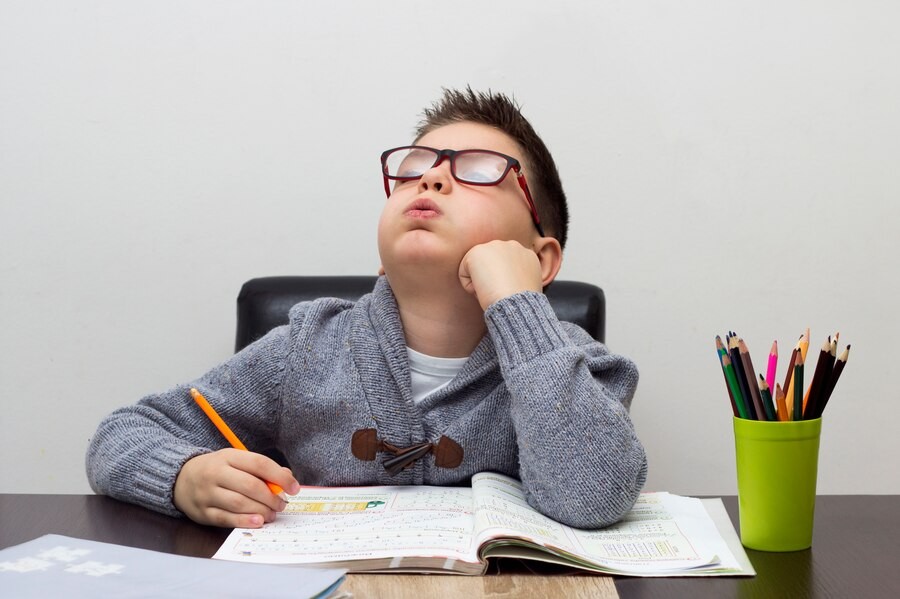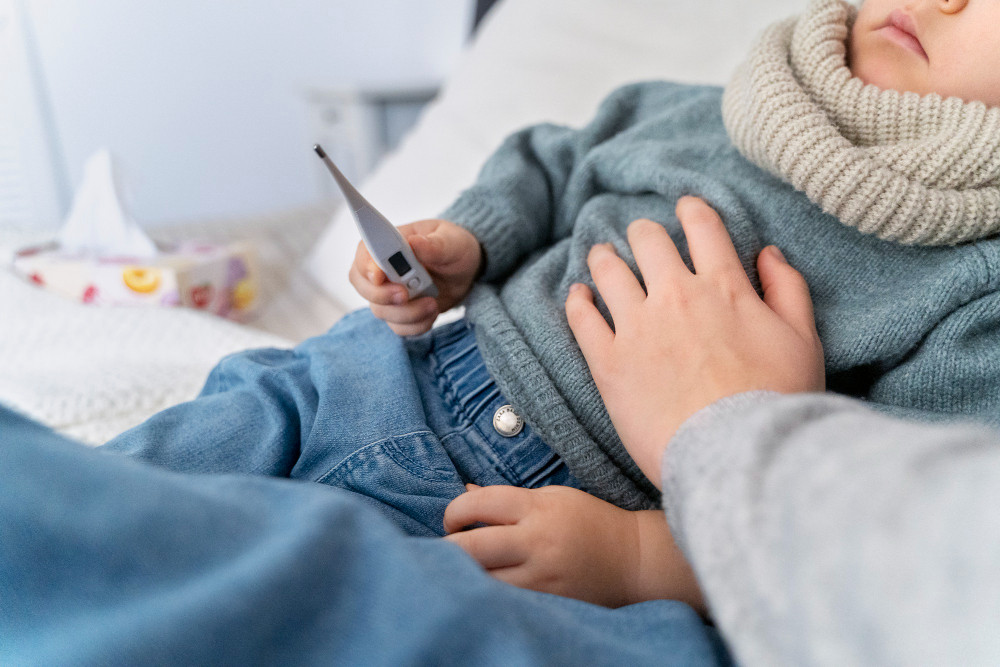Iron deficiency is a common issue among children, especially during periods of growth. While it is not typically life-threatening, the effects of iron deficiency on overall health are considerable.
Iron is a vital nutrient required by the body to produce hemoglobin, which enables red blood cells to effectively carry oxygen throughout the body. When iron levels are low, it doesn’t just impact physical health—it can also impair a child’s ability to concentrate and perform well academically.
How Iron Deficiency Affects Cognitive Function
Iron deficiency can have a profound impact on a child’s physical well-being. Children who lack sufficient iron often exhibit symptoms such as fatigue, pale skin, and weakness. They may tire easily, even from simple physical activities.
Iron-deficient children are often less active and may shy away from physical exercises, despite their importance for both physical and mental development. Additionally, low iron levels can contribute to emotional problems, such as irritability, anxiety, and even depression.
Beyond its effect on physical health, iron deficiency directly influences brain function. Iron plays a crucial role in metabolism and the production of brain chemicals that are essential for processing information, memory, and concentration.
When a child is iron deficient, the brain’s oxygen supply is limited, which can reduce cognitive abilities. Studies show that children with low iron levels often struggle with memory, focus, and processing information quickly.
Iron deficiency can make it harder for children to keep up with lessons, absorb new information, and complete academic tasks. This not only affects their academic performance but can also erode their self-esteem.
Preventing and Treating Iron Deficiency in Children
To help prevent the negative effects of iron deficiency, parents can take the following actions:
- Provide iron-rich foods such as red meat, liver, spinach, nuts, and iron-fortified cereals to children.
- Vitamin C helps increase iron absorption. Provide foods like oranges, tomatoes, peppers, and other vitamin C-rich fruits.
- Regular blood checks can help detect low iron levels early, enabling prompt treatment.
- In some cases, a doctor may recommend iron supplements to boost iron levels, especially if your child shows symptoms of iron deficiency.
Given the significant impact of iron deficiency on a child’s ability to learn, it’s essential to ensure they are getting enough iron. If you notice signs of iron deficiency in your child, it’s important to consult a doctor without delay.
For further guidance, you can also use the health consultation service on the Ai Care app, available for download on the App Store or Play Store.
Interested in learning more about children’s health, pregnancy, or breastfeeding? Click here!
- dr Hanifa Rahma
Nationwide Children's (2022). Iron-Deficiency Anemia in Children. Available from: https://www.nationwidechildrens.org/conditions/health-library/iron-deficiency-anemia-in-children
Alejandro Mosino, et all (2020). Association between School Performance and Anemia in Adolescents in Mexico. Available from: https://pmc.ncbi.nlm.nih.gov/articles/PMC7084426/
Boston Children's Hospital. Iron Deficiency Anemia. Available from: https://www.childrenshospital.org/conditions/iron-deficiency-anemia
Rush Jessen Hickman, MD (2024). Can You Take Vitamin C and Iron Together?. Available from: https://www.health.com/vitamin-c-and-iron-8635388
Mayo Clinic (2024). Iron deficiency in children: Prevention tips for parents. Available from: https://www.mayoclinic.org/healthy-lifestyle/childrens-health/in-depth/iron-deficiency/art-20045634












